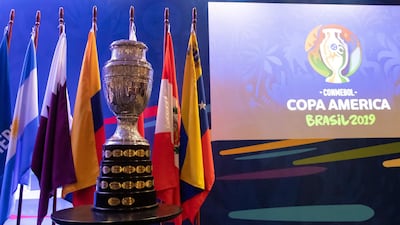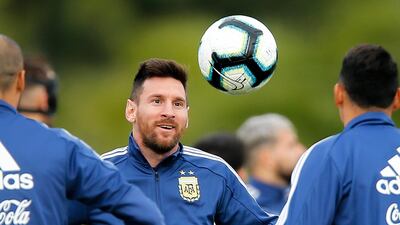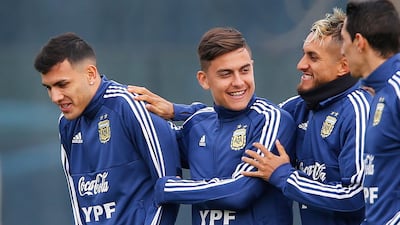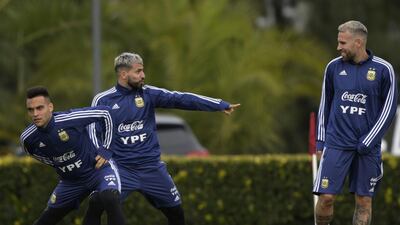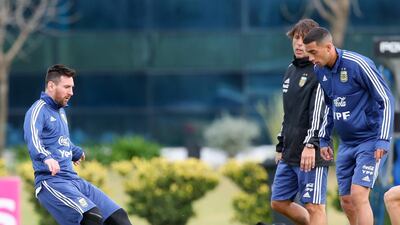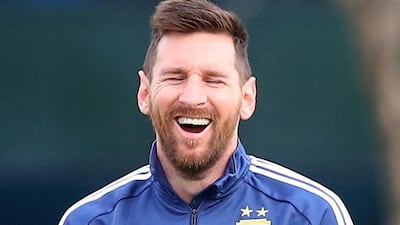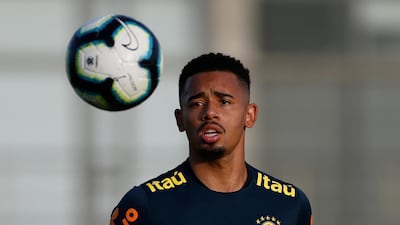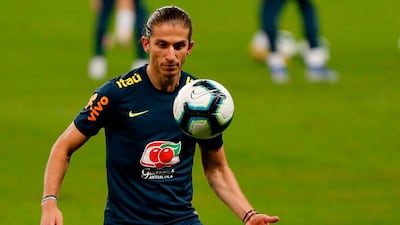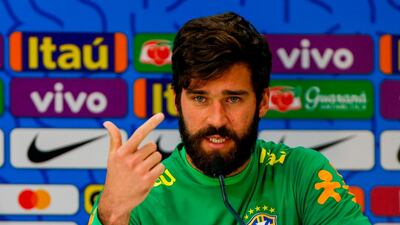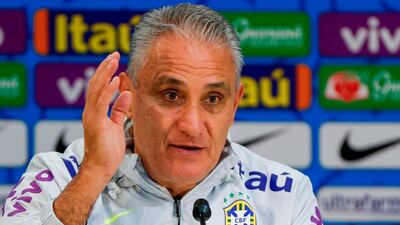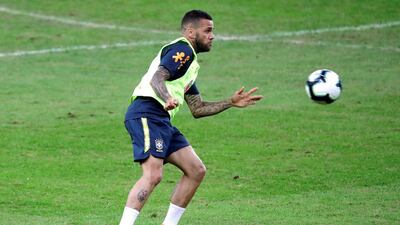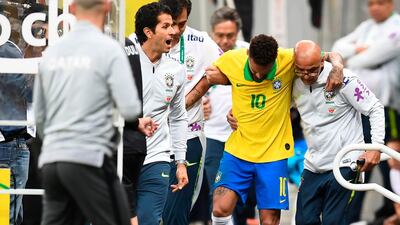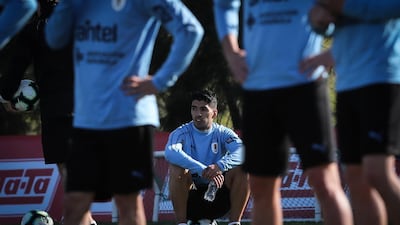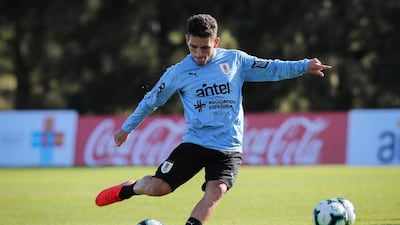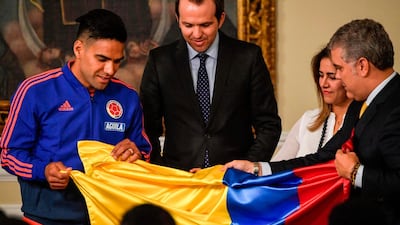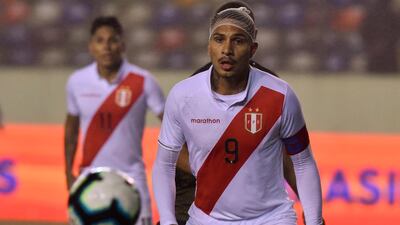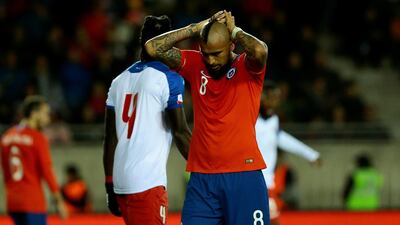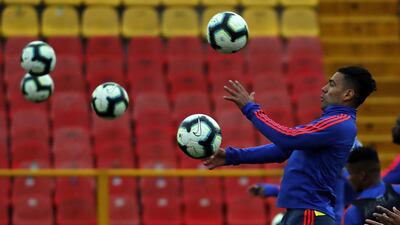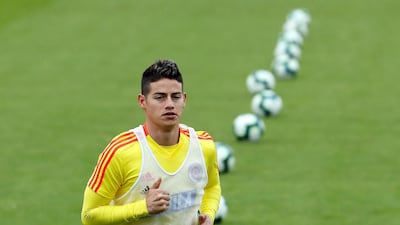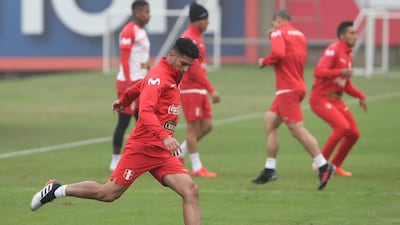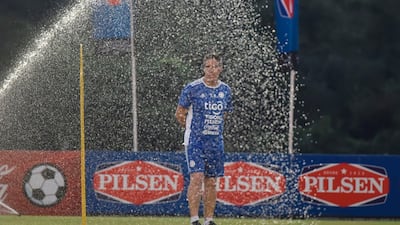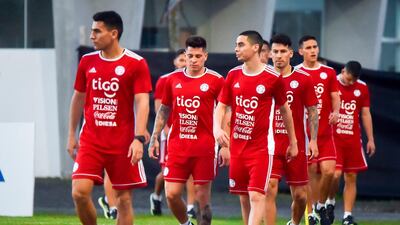The world's oldest international football tournament returns Friday when hosts Brazil face Bolivia in the opening match of the 2019 Copa America. Yet in the country often referred to as the game's spiritual home, there is a distinct lack of fanfare or fandom. And certainly no sign the tournament's slogan of Vibra o Continente (Rocking The Continent) is valid.
It is possible in fact to disembark at Galeão International Airport in Rio de Janeiro, make the seemingly endless walk from arrival gate to arrivals hall, pass a sequinned sign in Portuguese that reads “Welcome to Brazil” and enter a waiting taxi all without seeing a single mention of the 103-year-old competition.
Organisers have said only 65 per cent of all tickets have been sold, yet such a lack of interest is little surprise. Brazil as a country has changed considerably since it stopped to host the World Cup five years ago. The election of the incumbent and incendiary Jair Bolsonaro as president has divided the population, while a contrastingly minimal reshuffling at the Brazilian football association after their humbling 7-1 loss to Germany in 2014 has only served to further disillusion supporters.
“I have stopped watching the Selecao,” says Sebastiao Geraldo, a fifty-something Rio resident as he reminisces of Zico, the 1982 World Cup, and what might have been. “I watch European football, but the game in Brazil is all centred around money now. It is run by a band of mercenaries and the new generation of players are not much better.”
The 2014 World Cup was held amid large-scale, nationwide protests and ran up a bill in excess of$11 billion (Dh40bn). As predicted before a ball was kicked, many of the stadiums now sit unused. Estadio Mane Garrincha in Brasilia cost $550m, but can now only lay claim to being the world’s most expensive open-air carpark. It will not host a Copa America match this month.
In a country where 27 per cent of the population are illiterate, hospitals are decaying and under-equipped, and violent theft and murder are commonplace, such frivolous spending is unjustifiable. This month’s tournament has reportedly cost the Brazilian taxpayer a further $98 million.
If off-field issues have hurt the country’s once all-encompassing interest in the sport, performances on the pitch have not helped either. Expectations have been sinking slowly for some time, reaching a level arguably unseen since before the 1950s. While the five-time World Cup winners were once favourites to take every trophy they contested, it is now 17 years since Brazil were last crowned world champions.
_________________
2019 Copa America preparations
_________________
The 7-1 on home soil, a lack of meaningful reform, a limp quarter-final exit to Belgium at last summer's World Cup in Russia, and a team that continues to heavily rely on one Marmite player has sapped fans’ belief. It has also dulled the fear factor that opponents once felt — the yellow jersey no longer represents the leader of the pack.
“Brazilian football — for us and for the fans — needs to experience victories once more,” said Claudio Taffarel, the national team’s goalkeeping coach. Taffarel won the World Cup in 1994 and Copa America in 1989 and 1997 and is firmly of the belief prizes must be prioritised over performances. “We cannot just play well, we need to win. Winning is so important.”
Even still, there is a feeling the Copa America has lost its prestige. Brazil has kept the trophy each of the four times it has hosted, but winning a continental competition that includes only 12 teams, three of which are ranked outside the world’s top 50 and two of which are not even from the continent, cannot be compared to a World Cup.
“For me, the Copa America is just a preparation tournament for the World Cup,” said Gabriel Monteiro, a 23-year-old pharmacy student in Belo Horizonte. “The number of strong teams is limited: Brazil, Argentina and Uruguay — maybe Chile. For me, the real reason for the muted interest is that we are feeling pessimistic regarding our economy and politics and it’s probably spilling over into our football. If the team plays well in the opening games though, that will change.”
_________________
Premier League players at the 2019 Copa America
_________________
The 11th-hour loss of prolific but problem-riddled Neymar to injury provides an unexpected opportunity to clarify a bubbling argument in Brazil. A growing number of the 27-year-old's critics argue the Selecao would be a better team without their famous forward. He is, they say, with his simulation and celebrity selfies, more prima-dona than Maradona.
While Neymar’s explosive speed and individual brilliance can light up a game, his off-field controversies and on-field antics have threatened at times to turn Brazil into a source of ridicule rather than reverence. His teammates, now free from being forced to find their talisman with every ball, will be keen to show their own true level. And with a group containing Bolivia, Venezuela and Peru, progression should be a formality regardless. Whether the country ultimately cares remains to be seen.











